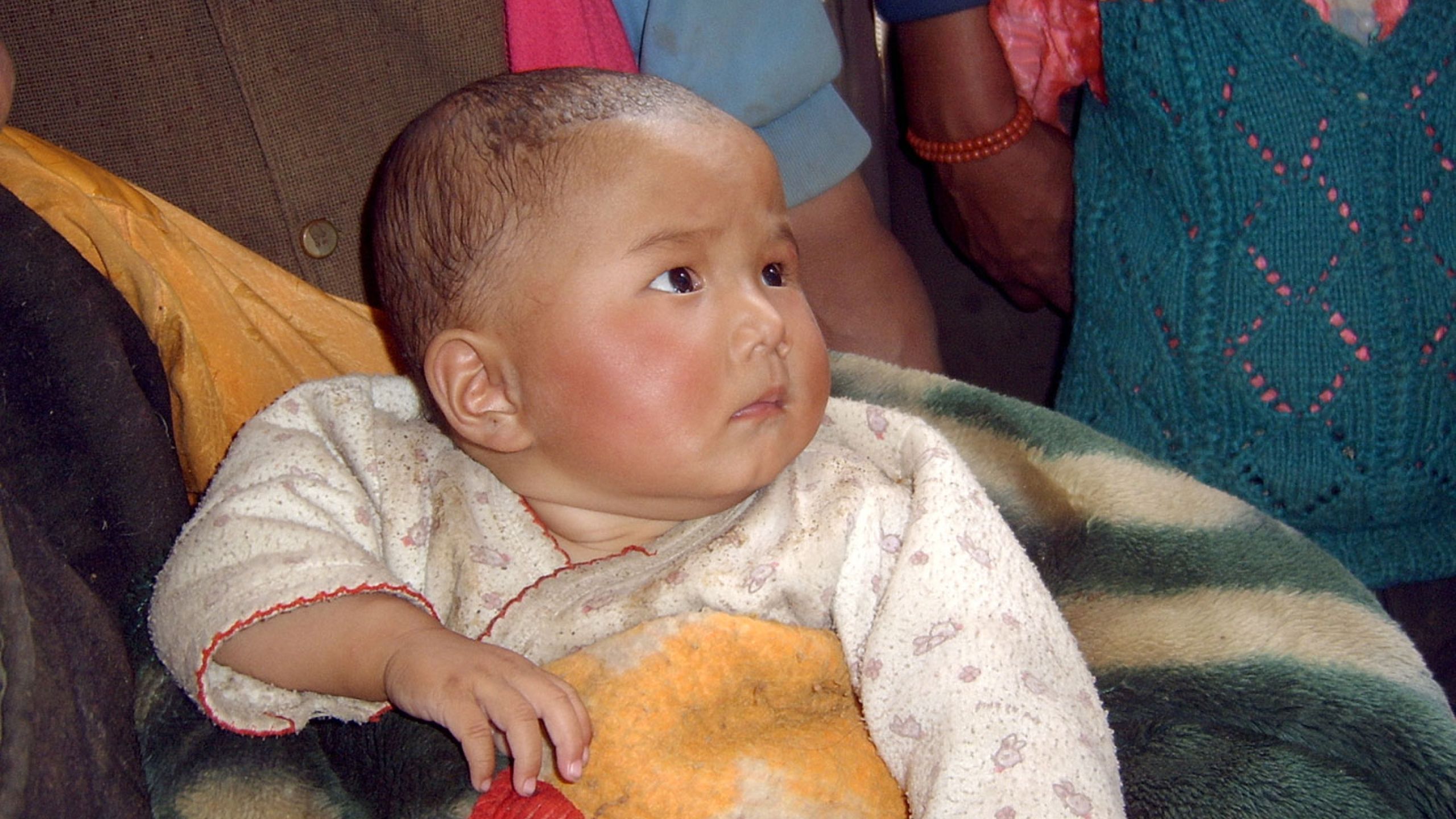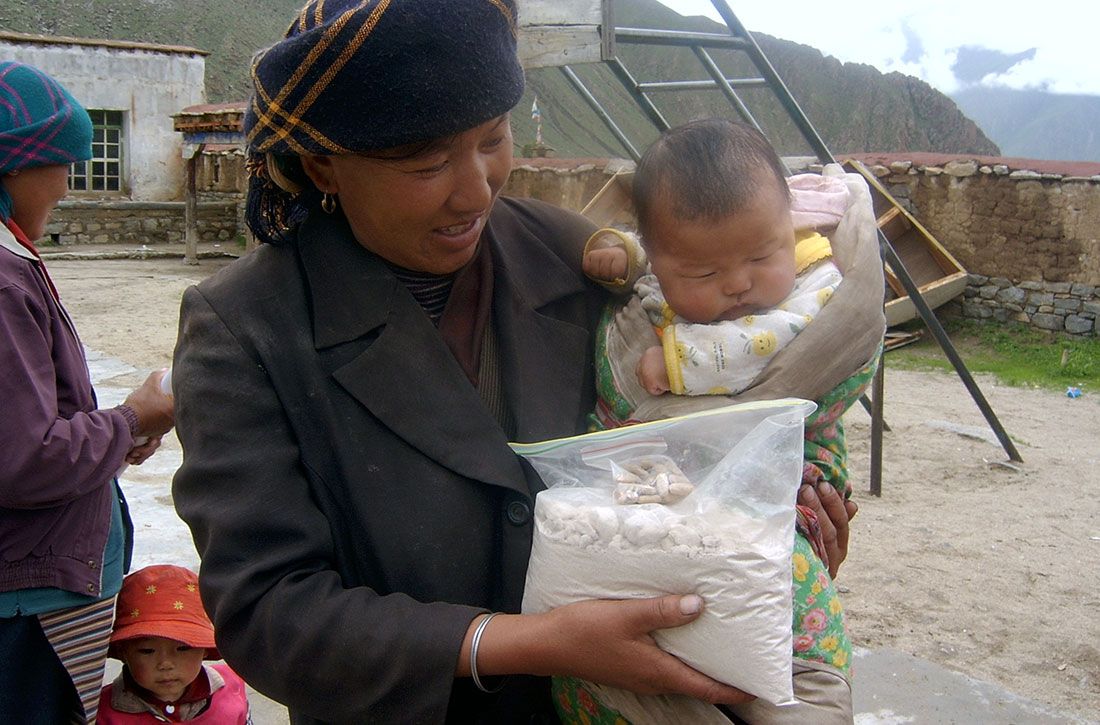
Healthy Mothers, Healthy Babies | Prenatal and Postnatal Care
The problem
The maternal mortality rate reported in Tibet (400/100,000) is higher than that found in most African countries and much higher than in China as a whole (53/100,000).* Through extensive focus groups led by Terma with village, county, and regional level doctors and Maternal and Child Health Department personnel, as well as extensive interviews with village women, it became clear that the many cultural taboos regarding the birth process and toward hospital-based care are major obstacles to prenatal care and safe deliveries.
What Terma is doing
Terma seeks to improve delivery outcomes by providing at-risk women of childbearing age with prenatal vitamins, maternal and infant nutrition education, and lactation education. We focus on obtaining vitamin donations, identifying lactation specialists to encourage culturally acceptable lactation practices, and obtaining simple diagnostic tools, such as stethoscopes, thermometers, and blood pressure cuffs for village health workers to identify high-risk pregnancies and life-threatening post partum and neonatal infections.
Terma’s training on pre- and post-natal care (birthing practices, lactation and infant health) has improved maternal and infant survival. Terma focuses on the most likely cause of death for unattended women in labor—anemia, pelvic deformities from childhood rickets, and subsequent hemorrhage. Based on our clinical findings in Tibet, Terma believes that consistent, effective breastfeeding and infant care messages can help prevent over half of the incidences of infant mortality.
Terma has advanced the practice of exclusive breastfeeding during the first six months of infancy to strengthen babies’ immune systems—a practice it is hoped can ultimately influence public health policy. Tibetan mothers increased the practice of breastfeeding during the project. However, traditional customs of supplementing breast milk with tsampa (barley porridge) are deeply engrained in the mothers and family advisors, and thus difficult to change.
International participants have also been instrumental in providing maternal and infant healthcare and education as well as primary care. These health experts contribute through offering prenatal checks, providing acute primary and preventive care, conducting basic nutritional surveys, distributing vitamins to mothers and children, reinforcing the practice of child sunbathing to prevent rickets and leading interpreted discussions on pregnancy and birth control.
